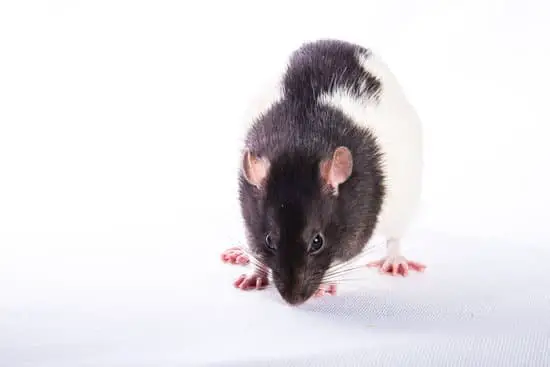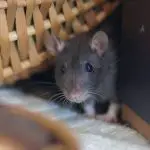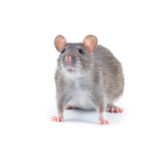Why Is Rat Droppings Poisonous?
Rats carry some of the world’s most harmful diseases and parasites, including the deadly rat-bite fever. These diseases can be transmitted through rat bites or by inhaling rat droppings. It’s essential to know what to avoid and how to prevent exposure.
Exposure to rat poop can cause a variety of health effects, including respiratory illness, diarrhea, and nausea. It can also cause allergic reactions. If you’re allergic to rats or mice, rat poop can irritate your skin. Exposure to rat droppings may also cause headaches and dizziness.
Rat droppings are often the first sign of a rat infestation. Rat poop is usually light brown and distinctive in size. As they age, droppings become darker. You should thoroughly clean the area if you find rat droppings. It’s important to ventilate the area before cleaning. After removing the evidence, you’ll need to apply a disinfectant or detergent mixture to the affected area.
Rats are a common nuisance and health concern, and they can infest your home. They cause significant damage and contamination. Their constant urination and defecation can spread disease from one place to another. In addition, rats can spread disease to humans via their fur and paws.
Rat droppings are cylindrical and up to 1 inch long. Fresh rat poop is black and fresh, but older rat poop is gray and dustier. Rat droppings also have a distinct odor and may look similar to common food items. For example, according to urban rodentologist Bobby Corrigan, rat droppings resemble coffee beans, rice, and raisins.








